Description
IM’s Gerard Welling & Michael Basman – U Cannot Be Serious – Avant-Garde Strategy in Chess – 9789464201147 – 304 pages.
Teaser [PDF] – Avant-Garde Strategy in Chess
Modern chess is getting to be more and more a young man’s game. Over the last decades, with the growth of internet and the development of chess engines, high quality chess material has become readily available. And the young generation knows how to put these opportunities into effect, the result being a much larger pool of strong players than the aged authors have ever witnessed in their respective primes. Openings are researched and tested with the strongest computer programs; this has led to a revival of concrete evaluation of positions and the good old intuition being pushed towards the background. Contemporary chess is lively and we see experimental approaches, but in general backed up with accurate calculation.
When a player has the impertinence to open a game with 1.h3 and follows up 1…e5 2.a3, howls of protest descend from the internet forums. The least practised players especially – backed up with their Stockfish engines – are quick to abuse the player who had the impudence to sin against their feeling of what correct chess is supposed to be. It is easy enough to attack a skillful player of an experimental inclination, shielding oneself behind the back of the champions (and their -supposed- opinions on chess matters) or the negative balance in fractions of pawns (!) that an engine indicates. But is it fair to attack a player who plays a couple of unusual moves when the critic does not understand what is happening on the board? It is easy to demonize a move, but it is the underlying idea that should be understood, before it can be contradicted.
This book is about co-author and international master Michael Basman, who has been an avant-garde strategist on the chessboard from his early days as a tournament player and who has collected his share of ridicule and scorn throughout the years. But he has been fairly successful, so we can ask ourselves who has been right, the master or his critics. Former world champion Mikhail Botvinnik saw through the facade of experimental play and named Basman a creative and talented player. But even on the British player’s home turf, there was often sharp rejection of his way of playing chess. Interesting wins were more than once described as lucky, and losses as the natural consequence of sins against chess. Even in the late 1970s, when Mike Basman was a household name in British chess, British Chess Magazine was still writing he was ‘handicapping’ himself by his unfortunate opening choices. An interesting exception to this trend was grandmaster Raymond Keene, who back in 1982 wrote an extensive article on Basman’s games from the Benedictine Masters in Manchester. He praised the strategical ideas but criticized the implementation. And he finished his article with an example of how these ideas could have found a place in one’s own strategic arsenal.
Of course, as a kind of counterweight, avant-garde chess has a cult-following of players that catch the spark of inspiration, study the examples and often copy the ideas. Co-author Gerard Welling was an example of a player that borrowed some ideas from Michael Basman, and and even went so far as to play 1.Nf3 h6 in a decisive match in the semi-finals of the Dutch Championship 36 years ago (I won, and qualified). The study of experimental players can widen your horizons and give you new ideas. Even a celebrated chess trainer like Mark Dvoretsky has given this advice. So be critical, but keep an open mind!
Some fans go as far as to idolize certain players, or their experimental systems, which can lead to a group of chess players playing, and publishing material about a controversial opening move such as 1.g4, and promoting it as the best way to open a chess game. This easily arouses irritation among self-proclaimed ‘serious’ chess players, but why? Most practitioners of our celebrated game are amateur players and chess is a pastime from which to derive some pleasure. Perhaps by competing and improving, but why not as an outlet for our fantasy?
This book is written with the intention to introduce the reader to the creative chess ideas of Michael Basman. He gave up more intense regular tournament chess around the turn of the millennium, to concentrate his energy on the development of school chess. And that is what he is mainly known for in recent times, as the motor who made the UK Chess Challenge blossom. Nowadays the yearly nation-wide school competition still attracts around 40,000 children, and that is not even the record. […]
What will this book present you? First of all a more elaborate picture of Michael Basman’s chess, based on my experiences with this creative master. We played together in two early tournaments around 1980, and (especially in the second one) we discussed the ideas which has given me a clearer idea of the man’s way of chess thinking than before – because the multiple outright rejections in the past and on the net are clear proof that it is not so easy to understand new and creative ideas. These two tournaments, the Biel Masters in 1979 and the Liege Open in 1981 will be presented in separate reports of the events, focusing on the games of the hero of this book, from my point of view.
Mike Basman is the co-author of this book, and though I did most of the writing, there would not be a book without his ideas and his games. Quite a few years ago, I set myself the task of going critically through Mike’s creative oeuvre, selecting or rejecting, and classifying it. That was material from his books, from his articles, from personal correspondence and databases. This process resulted in a large overview of the ‘Basmanic’ opening strategies that took shape from 1978 onwards, and basically the ideas for which he is best known. This work triggered our co-author as he suggested that we used this material as the basis of a joint book. It is his material, and I have received permission to edit it. Finally we agreed that it might be worthwhile to add more recent material, even though Mike has cut down considerably on his chess playing in the 21st century and has limited his activity to the occasional rapid tournament. Less focus, less drive, less time to think, and this is bound to limit the quality of the games compared to the material from ‘the old days’. But being a player from the old school, his intuition makes him still capable of producing a gem once in a while. The final chapter is therefore a collection of annotated games to give the reader some additional material for inspiring recreation by showing how ‘Basmania’ has entered into the new millennium.
~ Gerard Welling, March 2021.
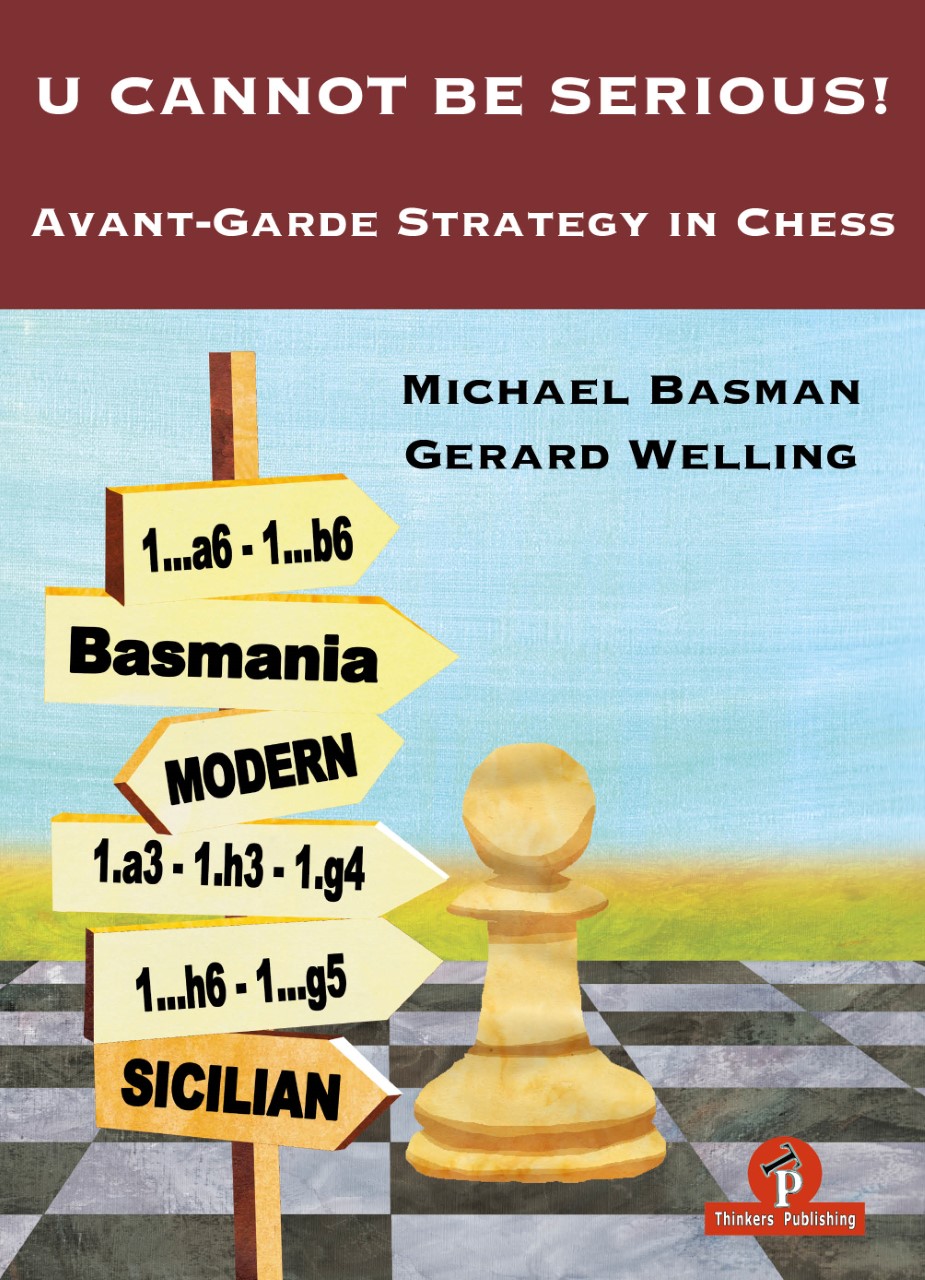

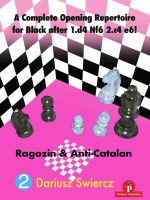
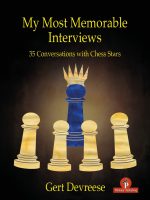

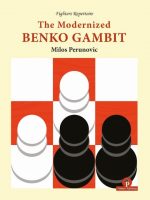
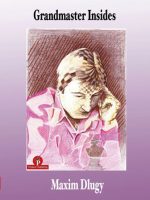
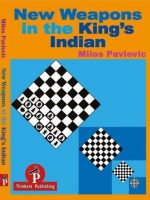

Anonymous (verified owner) –
Antonio Sala Espí (verified owner) –
Kirk Plankey (verified owner) –
Great motivation for the casual and club player to go off the beaten path of “correct” openings. Lots of ideas in the flank openings, using complete games (of Michael Basman), to get the creative juices flowing. Long Live Basmania!!
Pierre (verified owner) –
To be creative in the openings is a forgotten quality in the today computer time, but once upon a time… it was possible, even at high level!